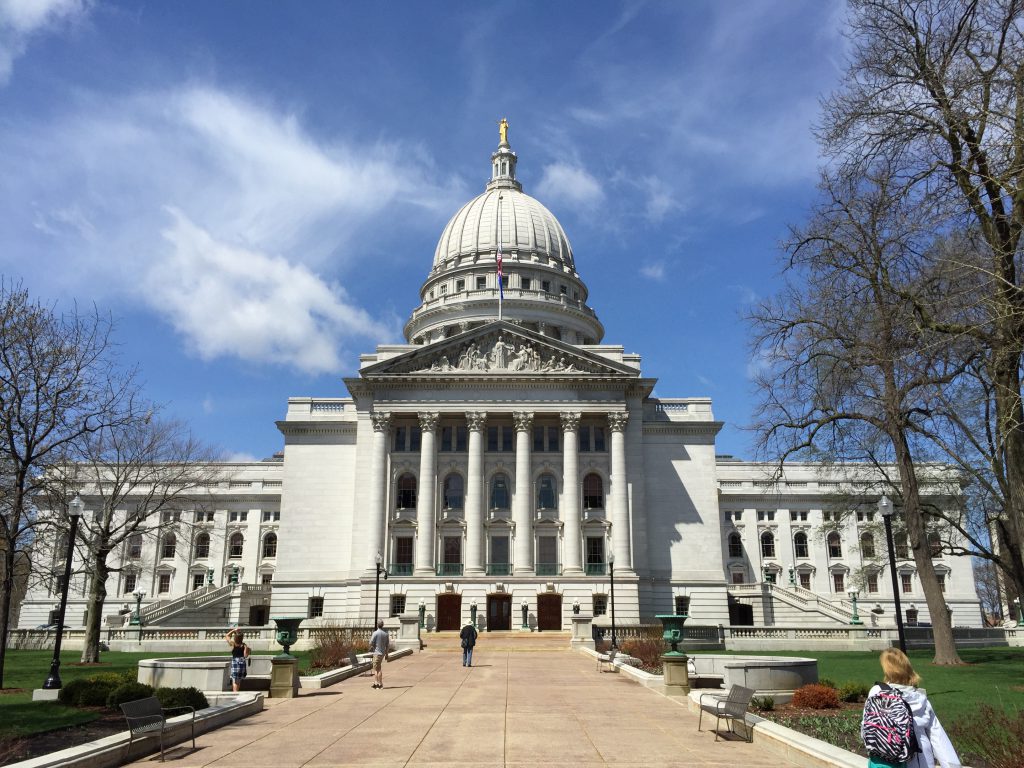Doomsday Headlines on State Budget Are Silly
State revenues are increasing, but spending requests are unrealistic.
Wisconsin’s surging economy generated record revenues in the latest reporting period, and tax collections are projected to increase even further – and that’s with the tax cuts enacted by the Republican team in Wisconsin.
You wouldn’t know this if you read a recent Milwaukee Journal Sentinel, however.
“Wisconsin Needs $2 billion more to Cover Existing Programs and Schools in Next Budget,” the Journal Sentinel warned.
The vast majority of readers would understandably assume that Wisconsin is running short of revenues to meet its obligations. It takes a deeper dive into the story to dissect the actual reality.
So why the doomsday headline? Why not, “Wisconsin Realizes Record Revenue while also cutting Taxes”?
Every other year, state agencies typically submit budgets asking for more than they really need and negotiate backwards from their numbers, a common practice called “anchoring”
(If you have teenagers at home, you may have experienced this tactic firsthand in negotiating curfews).
It doesn’t require a PhD in behavior economics to realize that asking for a greater amount than needed practically guarantees increased spending.
That’s why agency heads including the incoming Governor – who is also the outgoing School Superintendent – used this ploy to request a whopping $1.4 billion in additional spending.
That’s how Madison accounting can turn a $2.1 billion revenue increase into a $2 billion budget shortfall.
In the real world, a budget begins with projecting revenues first, and then sets priorities to allocate expenses within available revenues. Working this formula backwards virtually guarantees a tax increase every budget cycle.
The fact is Wisconsin’s economy is thriving and the best evidence of this is our increased tax revenues despite tax cuts for individuals and businesses.
Since 2010 sales tax revenues have increased by 38.1% because Wisconsin residents have more disposable income. Corporate tax revenues are up by 7.1% because business are further investing and moving to Wisconsin and most importantly income taxes are up by 39.2% because more Wisconsin residents are working.
In today’s growing Wisconsin economy, men and women are earning more money for their internationally recognized skills. And I will keep working for you to bring real-world accounting to Madison that allows you to keep more of what you earn.
Rep. Dale Kooyenga represents the 14th Assembly District.
Op-Ed
-
Unlocking Milwaukee’s Potential Through Smart Zoning Reform
 Jul 5th, 2024 by Ariam Kesete
Jul 5th, 2024 by Ariam Kesete
-
We Energies’ Natural Gas Plans Are A Mistake
 Jun 28th, 2024 by John Imes
Jun 28th, 2024 by John Imes
-
Milwaukee Needs New Kind of School Board
 Jun 26th, 2024 by Jordan Morales
Jun 26th, 2024 by Jordan Morales






















